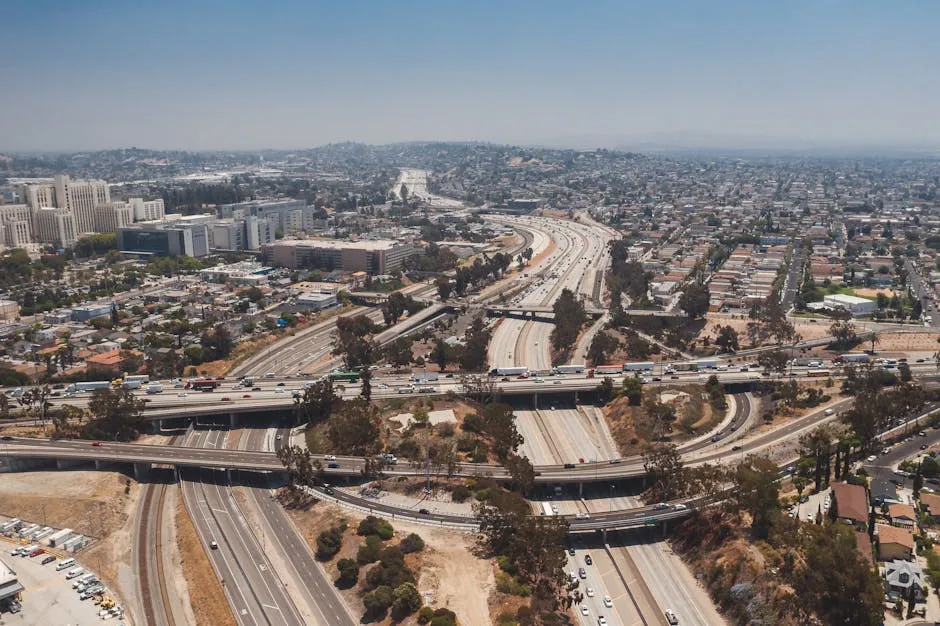
The Decline of the Nation-State: Embracing the Rise of Network States
The concept of the nation-state, a model that has governed global politics for just over 380 years, is witnessing a significant transformation. According to Jarrad Hope, a prominent thinker on this subject, the traditional structures of power are being increasingly challenged and eroded by corporations and various competing centralized entities.
The Fragility of the Nation-State Model
The nation-state has long been the cornerstone of political organization, providing a framework for governance, identity, and territorial integrity. However, as we delve deeper into the 21st century, the limitations of this model are becoming increasingly apparent. Hope argues that the nation-state is becoming hollowed out, losing its grip on authority and relevance in the face of new, more fluid structures of governance.
With globalization and technological advancements, corporations are no longer mere players within the nation-state system; they are becoming formidable entities in their own right. Their influence often transcends national borders, challenging the traditional power dynamics and rendering conventional political frameworks inadequate.
The Emergence of Network States
As the nation-state model falters, Hope posits that we are entering a new paradigm characterized by “network states.” These emerging structures prioritize decentralized governance and are built on the principles of collaboration and connectivity. Unlike nation-states, which are often defined by rigid boundaries and hierarchies, network states thrive on the fluidity of information and relationships.
Network states can be seen as communities formed around shared interests or goals, leveraging technology to facilitate communication and cooperation among their members. This shift reflects a broader trend towards decentralization, where individuals seek to align themselves with like-minded peers rather than being confined by traditional national identities.
Implications for the Future
The transition from nation-states to network states carries profound implications for the future of governance, economics, and social organization. As individuals increasingly gravitate towards these decentralized structures, we may witness a redefinition of citizenship and belonging. The rise of network states could lead to new forms of political engagement, where citizens participate in governance through digital platforms rather than through established political parties.
This evolution may also challenge conventional economic systems, as network states often prioritize collective resource sharing and community welfare over profit maximization. The implications for industries, particularly in tech and finance, could be substantial as new models of collaboration emerge.
Conclusion
As Jarrad Hope articulates, the nation-state is not merely declining; it is being transformed by the forces of globalization, technology, and shifting societal values. The rise of network states represents an opportunity to rethink how we organize ourselves politically and socially. Embracing these changes may lead to a more interconnected and resilient world, one that prioritizes cooperation over competition and fosters a sense of shared purpose among its members.
In this evolving landscape, it remains essential to engage critically with these developments, assessing both their potential benefits and challenges. The future may well belong to those who adapt to this new paradigm and harness the power of network states in their quest for a more inclusive and equitable society.



